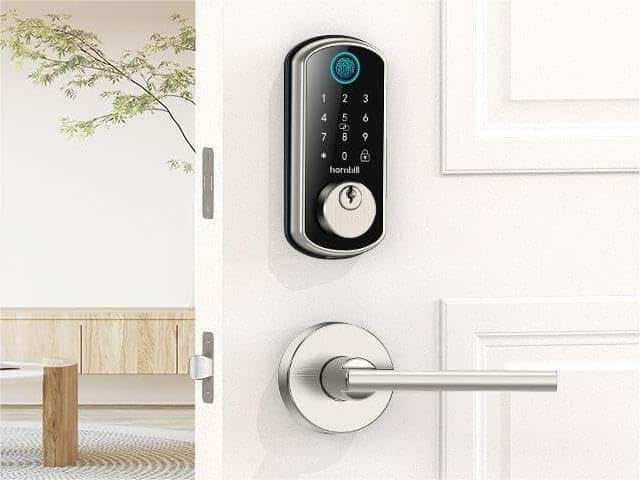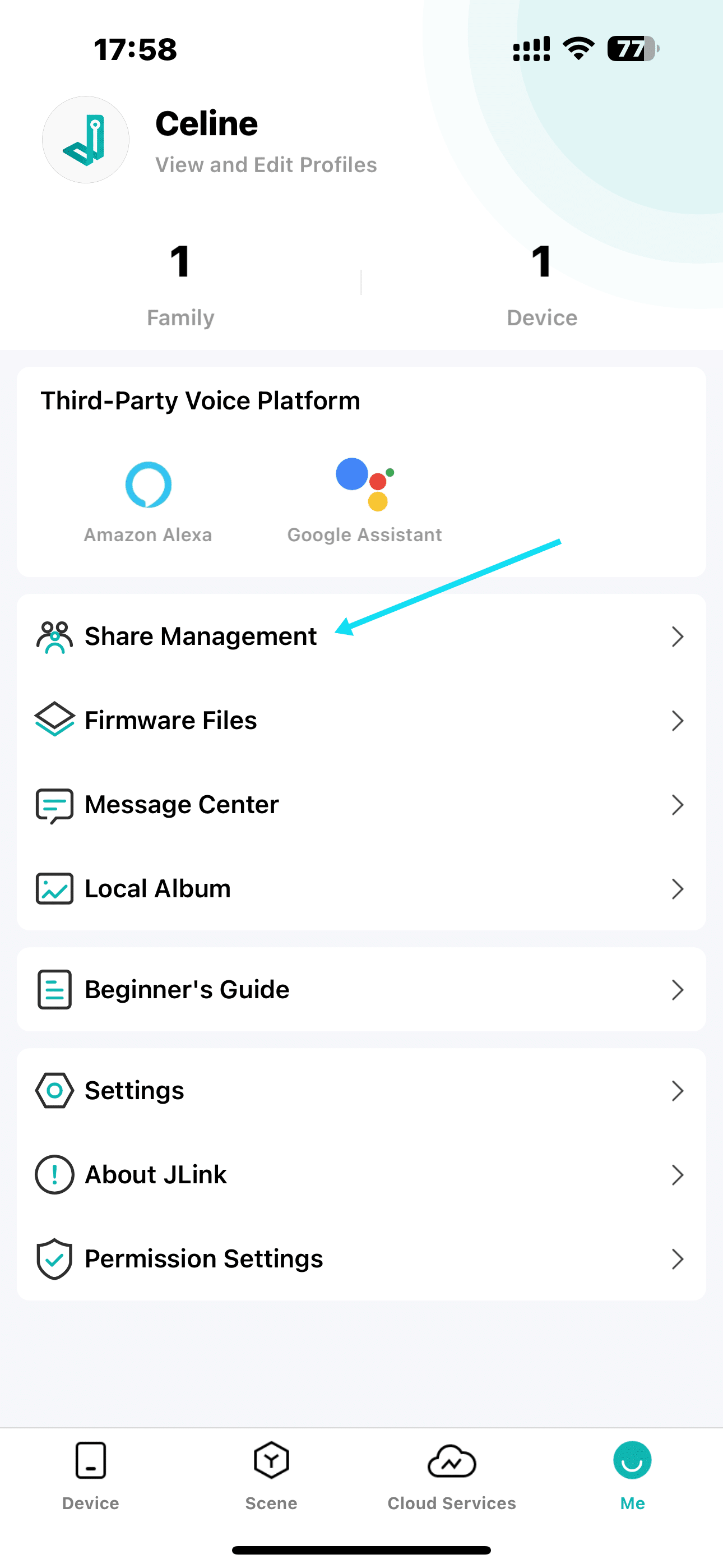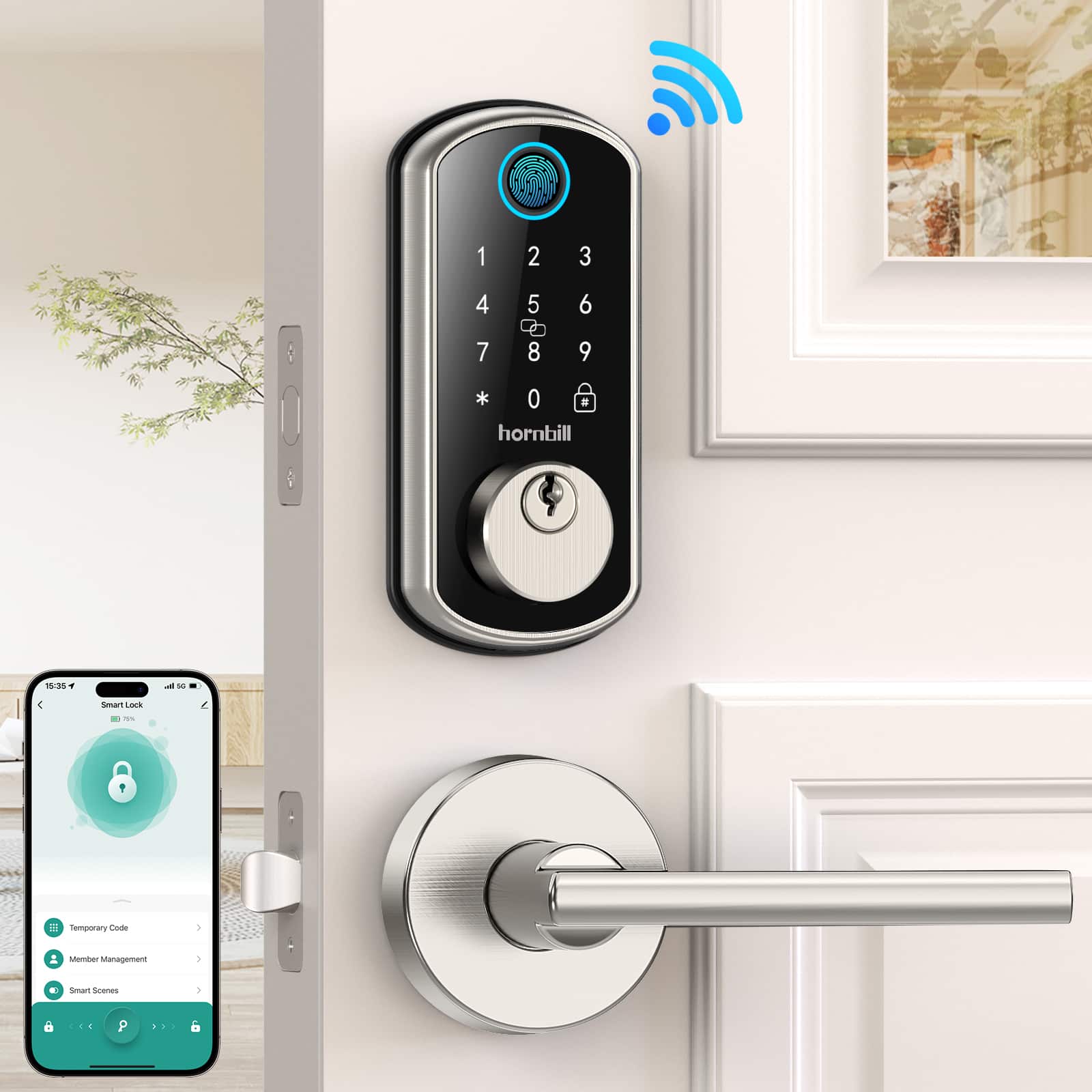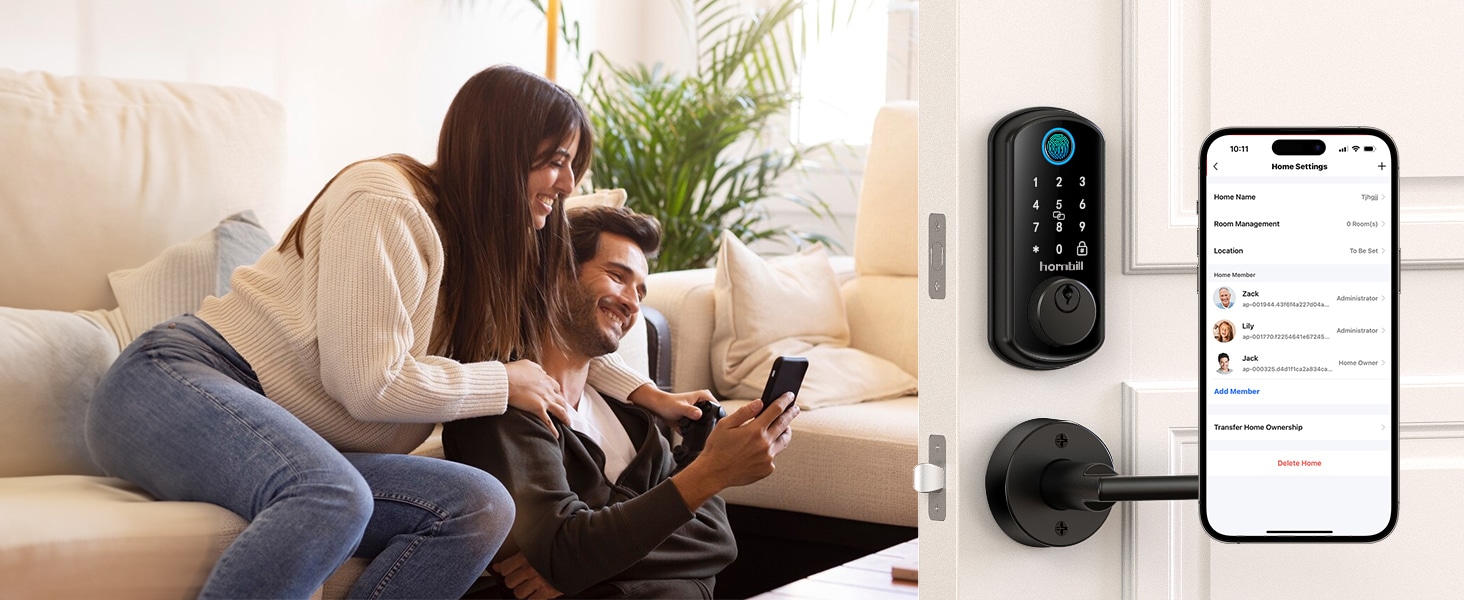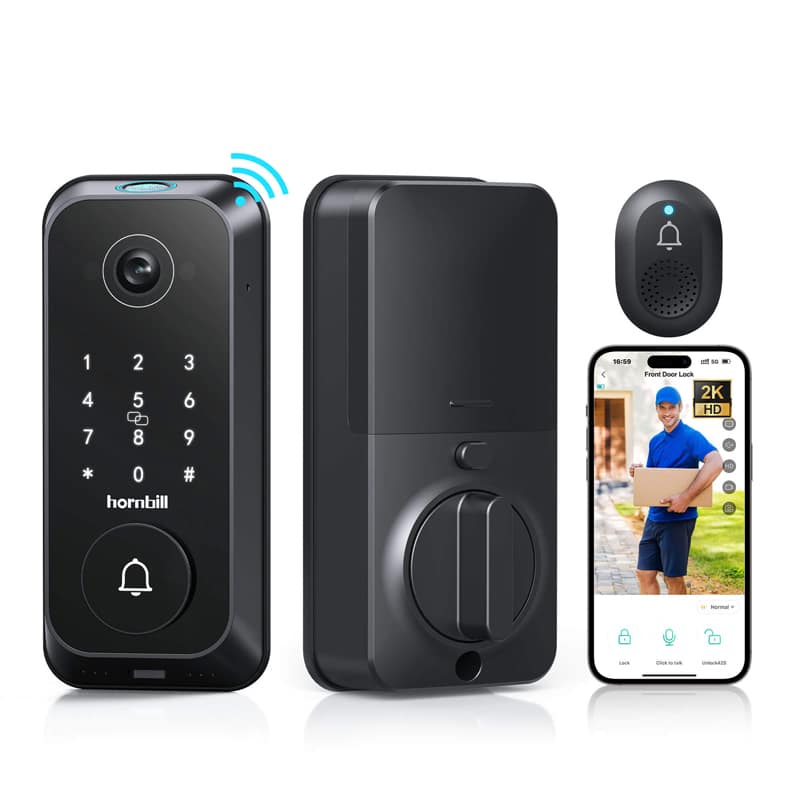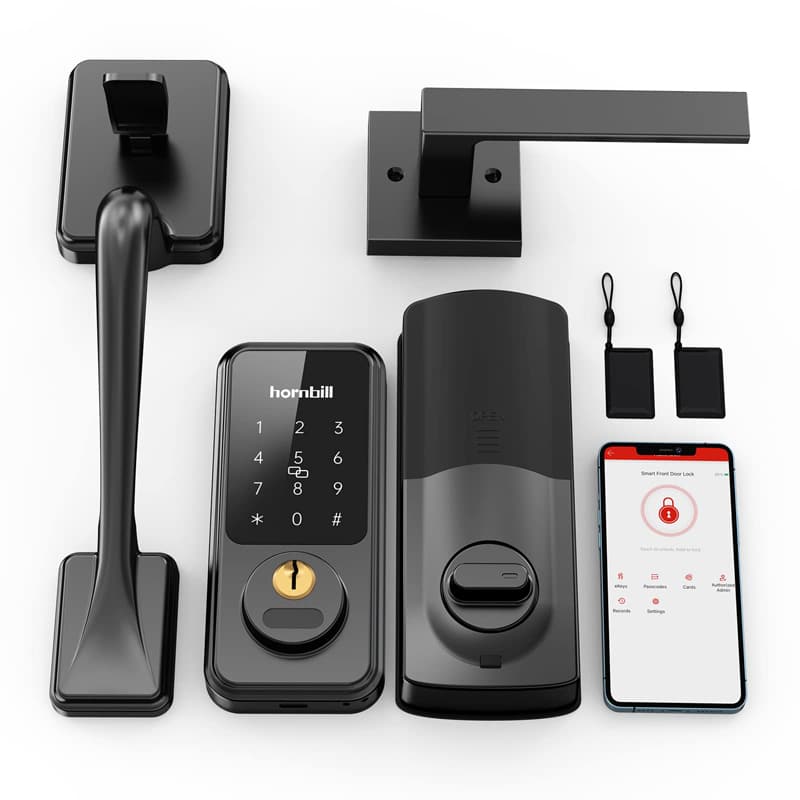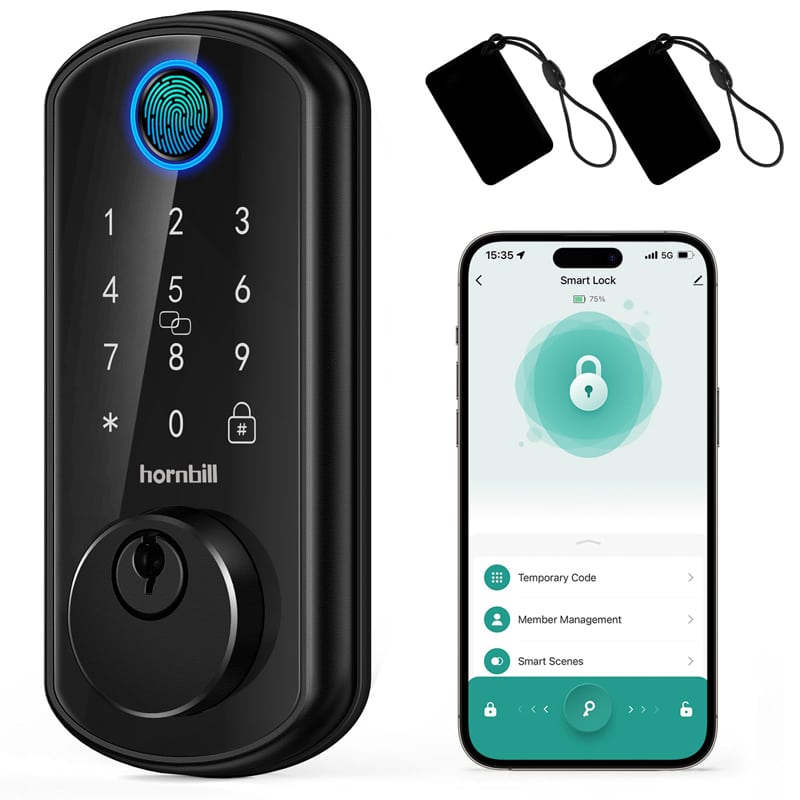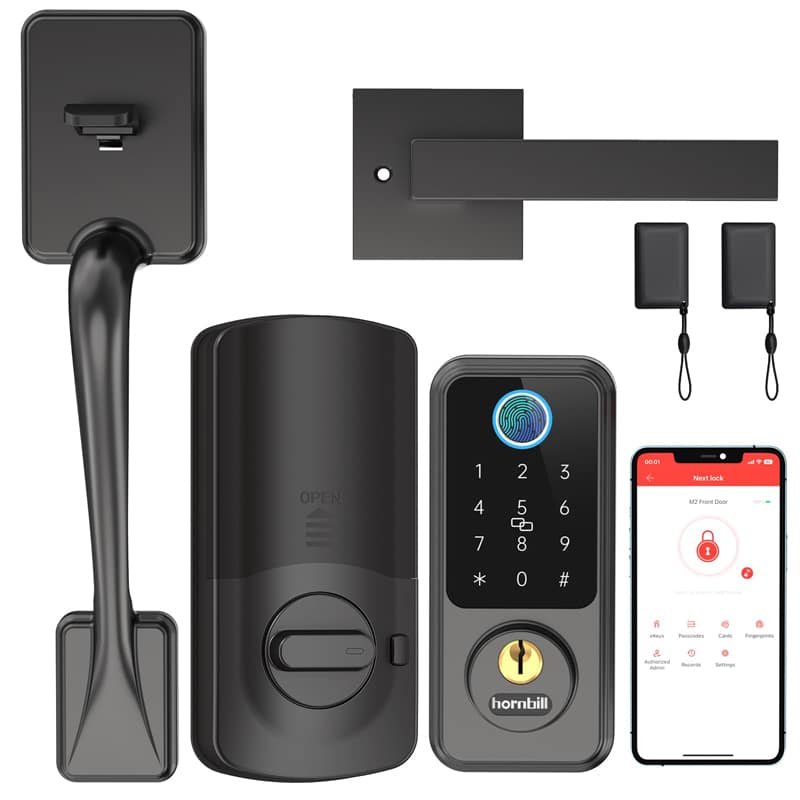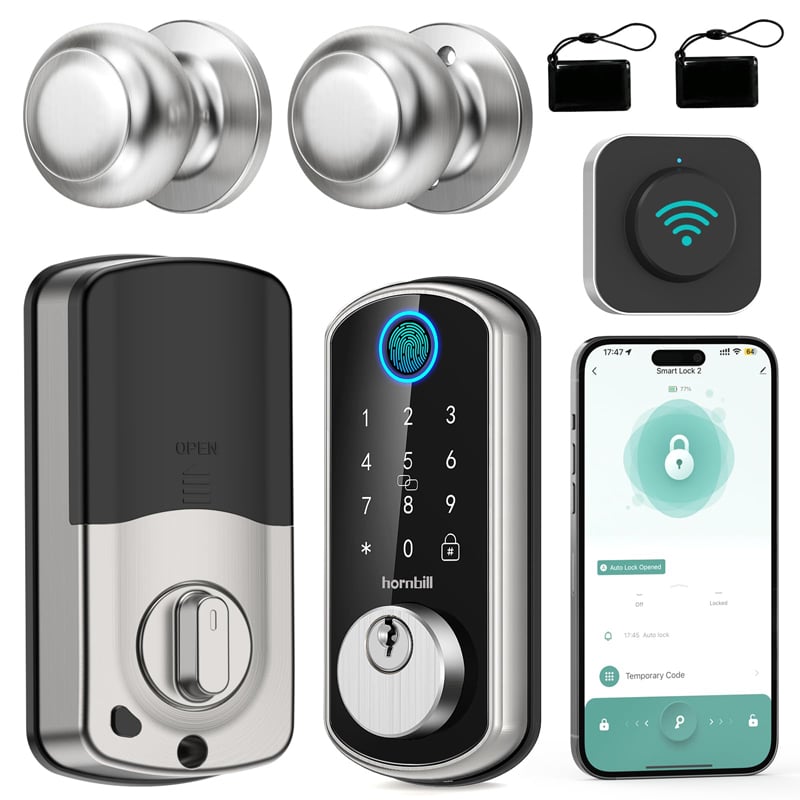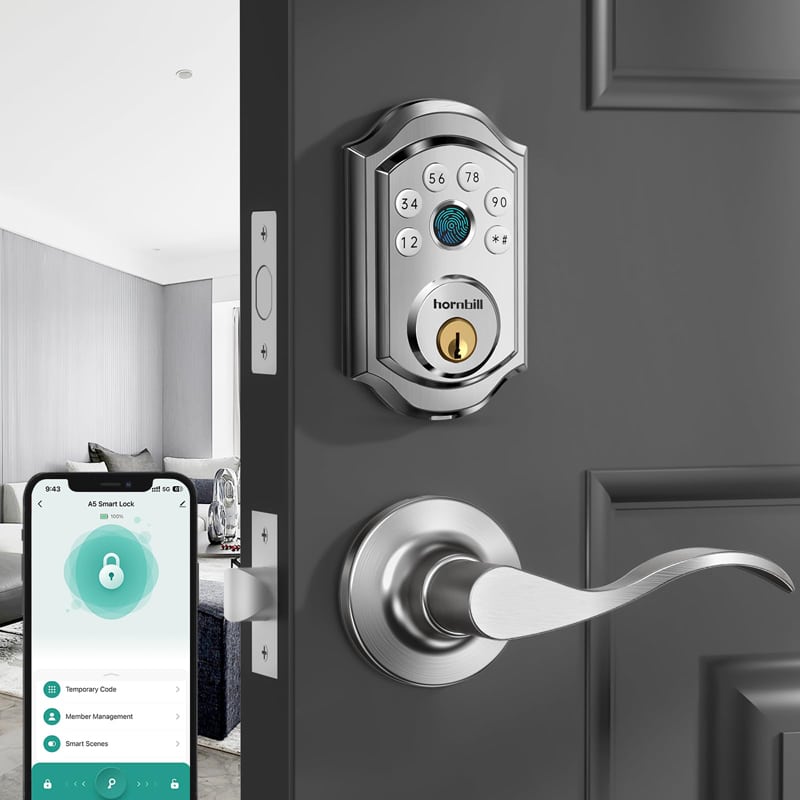While the transition from traditional locks to password locks has no doubt revolutionized security in our daily lives, it is not without its potential challenges. Like any technology, password locks have their share of vulnerabilities that may compromise safety if not addressed appropriately. These risks include susceptibility to hacking, password leaks or forgetfulness, and potential glitches in the system.
Firstly, despite enhanced security over traditional locks, password locks are not entirely immune to hacking. Skilled hackers could decipher thejenix electronic door lock password with sophisticated software. Even with encryption, advanced hacking methodologies can potentially break in. Equally worrisome, more unscrupulous individuals might resort to ‘shoulder surfing’— spying on a person as they input their password. Furthermore, Internet-connected locks or smart lock systems are further susceptible to remote attacks where an intruder who gains access to the system can manipulate it remotely.
Secondly, for all the convenience offered by password locks, the challenge of remembering passwords prevails. In cases of forgetfulness, users are often provided methods to retrieve their password, possibly through alternate modes of authentication. However, these processes themselves could serve as weak links in case any of these recovery information falls into the wrong hands. In business or shared residence situations, passwords can also leak to undesired individuals, leading to unauthorized access.
Moreover, glitches or malfunctions in the password lock system pose another significant caveat. Like any electronic device, a password lock could face issues due to manufacturing flaws, mishandling, or even power failures—possibly causing the locking mechanism to malfunction, not recognize the correct password, or barring access to rightful users in some cases.
Finally, there is also the risk of potential overrides. Most adv tech electronic door lock password locks have back-up keys that could be used in case of emergencies. However, if these keys land in the wrong hands, they can be misused and compromise security.
Despite these challenges, it is important to note that no security system is perfect. The aim here is not to dissuade from the use of password locks but to raise awareness towards their potential vulnerabilities and advocate for measures to address them in order to enhance safety and security.
For instance, regular updates to lock software, changing passwords frequently, and ensuring no one is in proximity while entering the password could mitigate some of the risks. Moreover, for smart lock systems, regular checks could be conducted to ensure that no foreign entities have access to the system.
In conclusion, while electronic touchscreen door lock password locks have offered a substantial advancement over traditional locks in terms of convenience and enhanced security, their potential vulnerabilities necessitate judicious use and proper handling. By understanding these risks and taking the necessary precautions, one can secure the best benefits of password locks while minimizing their security risks.

